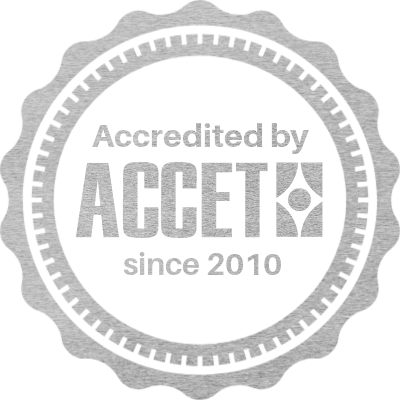Hawai’i is a place like no other, with its unique blend of cultures, traditions, and languages. As one of the most diverse states in the U.S., Hawai’i is home to a rich tapestry of communities, each with its own customs, values, and healthcare needs. For those pursuing a career in healthcare in the islands, understanding and respecting this cultural diversity isn’t just an added skill—it’s essential. This is where culturally competent care comes into play.
What Is Culturally Competent Care?
Culturally competent care refers to the ability of healthcare providers to deliver services that are respectful of and responsive to the cultural and linguistic needs of patients. It involves understanding and integrating patients’ cultural backgrounds into their care to provide more effective and personalized healthcare experiences. This approach recognizes that cultural factors can significantly influence health behaviors, perceptions of illness, and responses to treatment.
Why Is Culturally Competent Care Crucial in Hawai’i?
- Diverse Population: Hawai’i’s population is a mosaic of ethnicities, including Native Hawaiians, Japanese, Filipinos, Chinese, Pacific Islanders, and many others. Each group has its own cultural practices, beliefs about health and wellness, and language preferences. Providing care that respects these differences is crucial for building trust and ensuring that patients feel valued and understood.
- Language Barriers: With so many languages spoken in Hawai’i, language barriers can pose a significant challenge in healthcare settings. Miscommunication can lead to misunderstandings, misdiagnoses, and poor patient outcomes. Healthcare providers who are culturally competent are more likely to recognize the importance of clear communication and may utilize interpreters or culturally appropriate educational materials to bridge language gaps.
- Cultural Beliefs and Practices: Different cultures have varying beliefs about health, illness, and treatment. For example, some communities may prefer traditional healing practices alongside or instead of conventional medical treatments. Culturally competent healthcare providers take the time to understand these beliefs and work with patients to integrate their cultural practices into their care plans when possible. This not only improves patient satisfaction but can also enhance the effectiveness of treatment.
- Building Trust and Rapport: Trust is a cornerstone of effective healthcare. When patients feel that their cultural identity is respected, they are more likely to trust their healthcare providers and follow through with treatment plans. In contrast, if patients feel misunderstood or disrespected, they may be reluctant to seek care or adhere to medical advice. By practicing culturally competent care, healthcare providers can build stronger relationships with their patients, leading to better health outcomes.
How HMC Prepares Students for Culturally Competent Care
At Hawai’i Medical College (HMC), we recognize the critical importance of culturally competent care in our local healthcare system. Our programs are designed to prepare students not just with the technical skills they need, but also with the cultural sensitivity required to serve Hawai’i’s diverse communities effectively.
- Integrating Cultural Competence into the Curriculum: HMC incorporates cultural competence into healthcare training programs. Students learn about the various cultures represented in Hawai’i and how cultural factors can influence health. This includes understanding cultural attitudes towards healthcare, communication styles, and traditional healing practices.
- Hands-On Experience in Diverse Settings: Our students gain practical experience in a variety of healthcare settings throughout Hawai’i. This hands-on training allows them to interact with patients from different cultural backgrounds, putting their cultural competence training into practice.
- Emphasis on Communication Skills: Effective communication is key to providing culturally competent care. HMC emphasizes the development of strong communication skills, including the use of interpreters and culturally appropriate educational tools, to ensure that language barriers do not impede patient care.
The Impact of Culturally Competent Care
Culturally competent care has far-reaching benefits. It improves patient satisfaction, enhances the quality of care, and can lead to better health outcomes. In Hawai’i, where cultural diversity is a defining characteristic, culturally competent care is not just a best practice—it’s a necessity.
As healthcare professionals, we have a responsibility to honor the cultural identities of our patients and to provide care that is respectful, inclusive, and effective. By embracing cultural competence, we can contribute to a healthcare system that truly serves all of Hawai’i’s people.
At Hawai’i Medical College, we’re committed to preparing the next generation of healthcare professionals to meet this challenge head-on. Whether you’re a student considering a career in healthcare or a current practitioner looking to enhance your skills, understanding the importance of culturally competent care in Hawai’i is a critical step toward making a positive impact in our communities.





